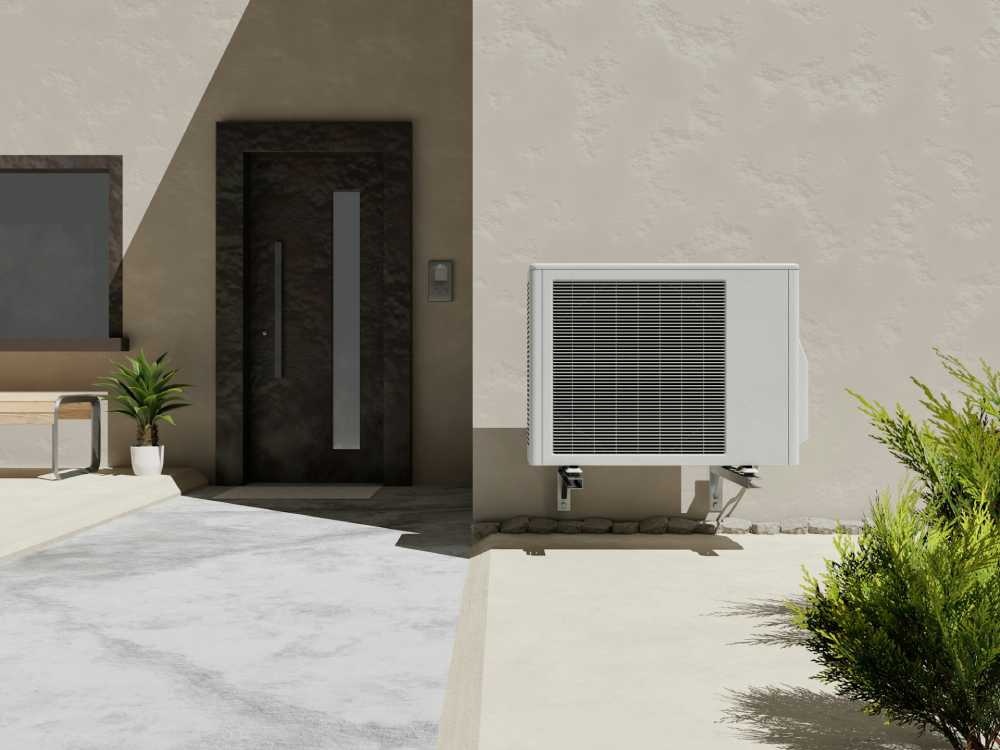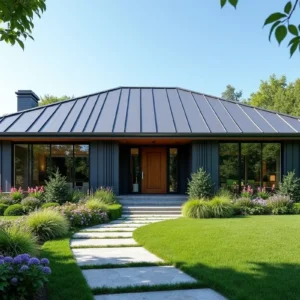Heat pumps are flexible tools that move heat to give heating and cooling for household comfort. During the winter, heat is extracted from the outdoor air or ground and brought inside; in the summer, heat is taken from inside and released outside.
Using a trusted provider like heat pump services Ottawa ensures optimal performance and efficiency; heat pumps combine heating and cooling systems into one unit, making separate systems unnecessary and offering significant space and cost savings. This dual functionality makes heat pumps suitable for many climates. Modern technology allows them to operate efficiently even in colder conditions, enhancing their applicability.
Contents
Types of Heat Pumps
- Air-source heat Pumps: Extract heat from the outside air and are highly efficient even in temperatures as low as -15°C. They are easier and cheaper to install than ground or water-source systems, making them ideal for residential use.
- Ground Source Heat Pumps: These are also called geothermal heat pumps, which remove heat from the ground using underground pipes. They are efficient due to the stable ground temperature but have higher installation costs. Despite this, the long-term energy savings make them a worthwhile investment.
- Water Source Heat Pumps: These use nearby water bodies, such as lakes or ponds, for heat transfer. They are practical and efficient due to water’s high heat storage capacity but are less common due to limitations related to accessibility and environmental regulations.
Benefits of Using Heat Pumps
Heat pumps offer significant benefits beyond heating and cooling. Their primary advantage is energy efficiency, as they transfer heat rather than generate it. They provide up to three times the energy they consume and lead to substantial savings on electricity bills. Additionally, heat pumps have a notable positive impact on the environment.
The significance of heat pumps’ environmental impact should be noticed. According to Energysaver, heat pumps can cut down on electricity consumption for heating by around 50% in comparison to electric resistance heating systems such as furnaces and baseboard heaters. These energy consumption reductions directly lead to lower carbon emissions, aiding efforts to combat climate change.
Besides being energy-efficient and environmentally friendly, heat pumps are also known for their versatility and reliability. Over the long term, these devices can significantly lower homeowners’ total ownership costs.
Energy Efficiency and Cost Savings
Heat pumps are highly energy-efficient, producing three to four units of heating or cooling for each unit of electricity used. This makes them four times more efficient than standard HVAC systems. The long-term savings are further bolstered by the lower maintenance utility of her heat provided to traditional systems.
Additionally, the EPA has recognized the role of heat pumps in reducing greenhouse gas emissions. Heat pumps reduce environmental impact by using less heating and cooling energy, lowering their overall footprint. This energy efficiency makes them a cost-effective and environmentally conscious choice for those aiming to minimize their ecological impact.
Proper Maintenance of Heat Pumps
Regular maintenance is necessary to guarantee heat pumps’ best performance and durability. Here are some crucial steps to keep your heat pump in top shape:
- Regular Cleaning: The outdoor unit should be cleaned regularly to maintain efficient airflow and remove debris such as leaves, dirt, and snow. A clean outdoor unit ensures the system can operate smoothly without blockages.
- Filters: It is essential to change or clean the filters every few months. Dust and particles can clog filters, reducing airflow and system efficiency. Clean filters ensure good indoor air quality and efficient operation.
- Professional Servicing: Schedule yearly maintenance checks with certified professionals. These checks can identify and rectify potential issues before they become significant problems. Professional servicing includes tasks like refrigerant level checks, thermostat calibration, and electrical component inspection, which are necessary for optimal performance.
Consistent upkeep improves the heat pump’s effectiveness and longevity, resulting in a better return on investment. Allocating time and resources to adequate upkeep can help avoid expensive repairs and replacements.





